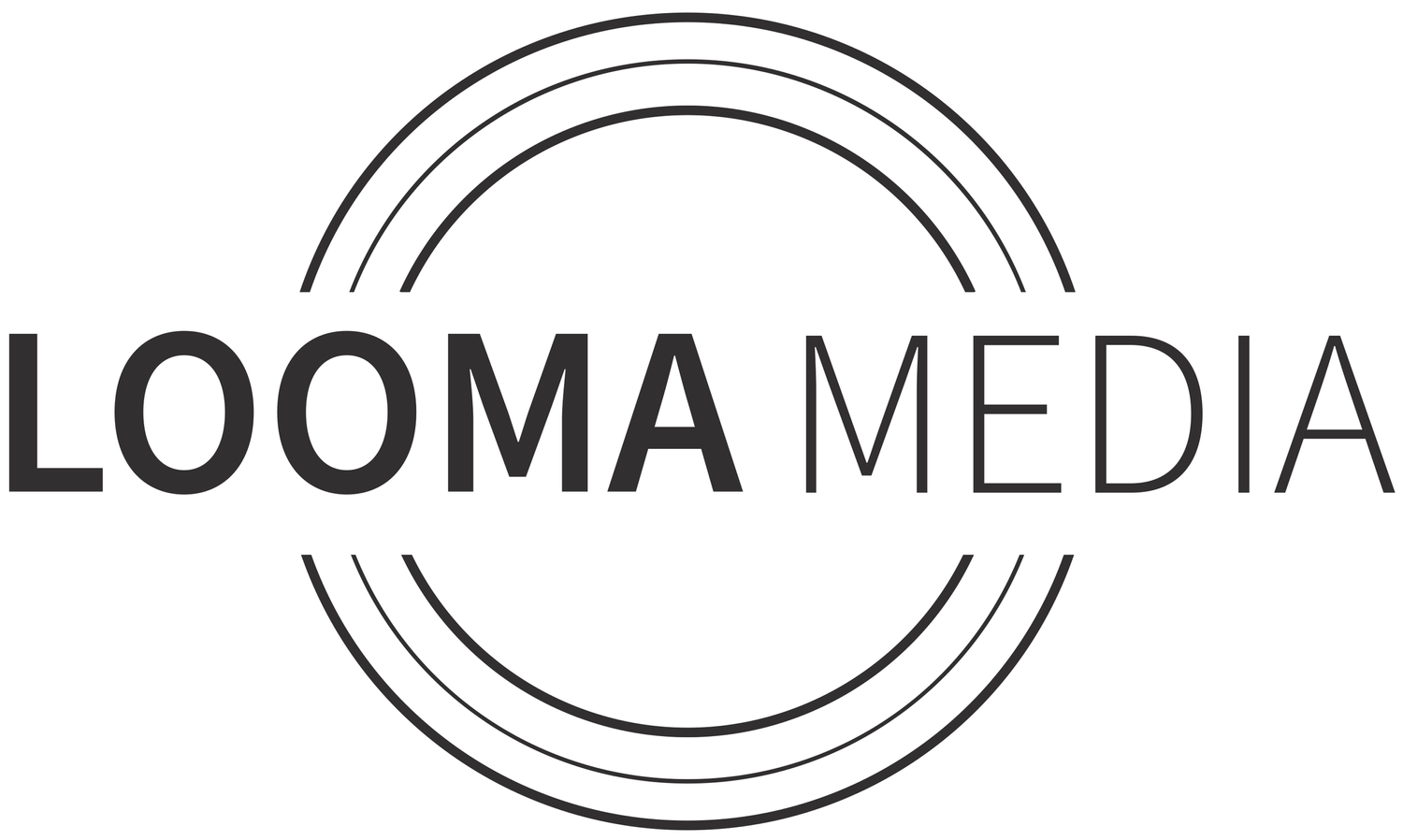The Power of Video: Why Every Brand Needs a Story
If you have even basic familiarity with video marketing and advertising, you’ve likely heard the word “story” thrown around a lot. It’s a fitting, but sometimes misleading word choice. Here’s why.
Defining and Understanding “Story” in the Context of Corporate Video
In corporate video terms, the word “story” can be misleading because it very rarely refers to a literal, traditional, beginning-middle-and-end story. Instead, it refers more generally to the narrative around which a company formulates and communicates its identity, values, and mission to its audience.
Depending on the type of company you’re running and your target audience, your brand may best be reinforced by a literal story. Perhaps your company is trying to establish itself as a home-grown, family-run business, in which case the narrative surrounding the company’s humble beginnings would be extremely appropriate. Take a look at this example:
Alternatively, perhaps your ad intends to tell an entirely fictional narrative in a short span whose intent is more for entertainment purposes. Nonetheless, this unreal narrative helps inform and shape your audience’s perception of your company, generating an emotional response that is nonetheless akin to that of a story.
Conversely, an advertisement or video may tell no story – linear or otherwise – at all. You may be seeking more to strike a tone, generate an emotional response, make people laugh, or simply make your audience remember you. Often, in this case your protagonist and characters (or the circumstances that befall them) personify your brand.
Another, simpler way to explain story: a story frames both why and how a brand exists and operates. It’s a means for a brand to strike a tone that conveys a broader emotion.
Which emotion? That’s up to you to decide.
Why Every Brand Needs a Story
A well-crafted brand story does more than help you stand out; it builds loyalty and engagement and helps you connect with potential clients.
A good story forges an emotional connection. The parts of your brain that decision-making are similar to those that regulate emotional response. Consumers appreciate brands they feel they can connect with, so when audiences see their own values reflected in a brand, they feel a sense of alignment, which can turn casual buyers into loyal advocates.
A good story provides authenticity. Most consumers are savvy and skeptical. They seek transparency and authenticity in the brands they support. A genuine brand story that openly shares the company’s origins, challenges, and purpose helps to foster trust. A good story doesn’t necessarily present a perfect image; it show the humanity of the brand – imperfections and all.
A good story builds brand identity. No matter the business, you have competitors, and brand identity is what sets one product or service apart from another. A strong brand story is integral to this identity. By consistently conveying who the brand is and why it matters, you can cultivate a distinct persona that resonates with their target audience, making the brand memorable and recognizable.
Video: The Most Engaging Medium
Let’s boil this down to a key phrase: nowadays, video is the most engaging medium, and story makes for the most engaging type of video. It’s only logical for a company to employ storytelling in it’s video and advertising efforts. By using good storytelling (and, more importantly, understanding that story means something a little different in this context), you set yourself apart from competitors whose video projects are unable to generate the same emotional response.
Need Some Help?
Helping you find your story is what we do best. We’ve helped countless companies — in many different industries — find and tell their story, effectively engaging their audience. If you’d like some help, we’d love to hear from you. Get in touch today!


